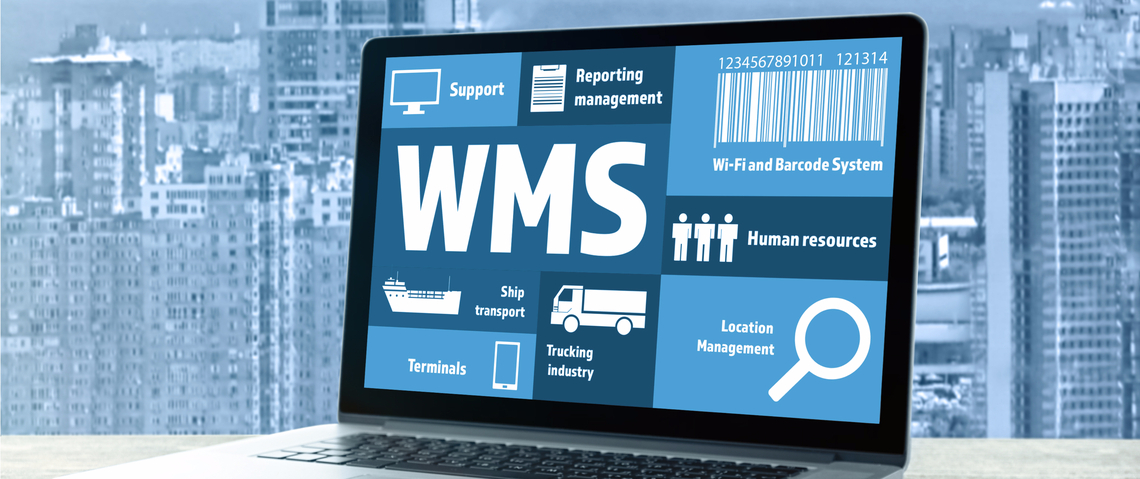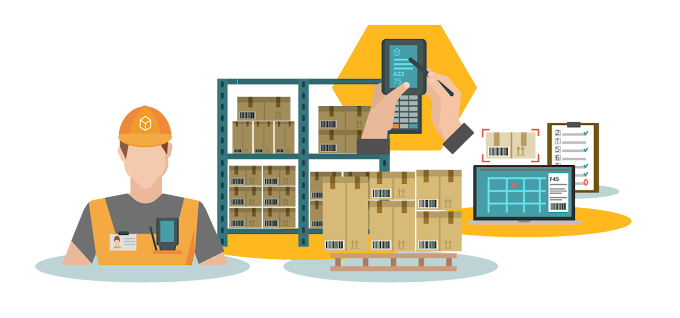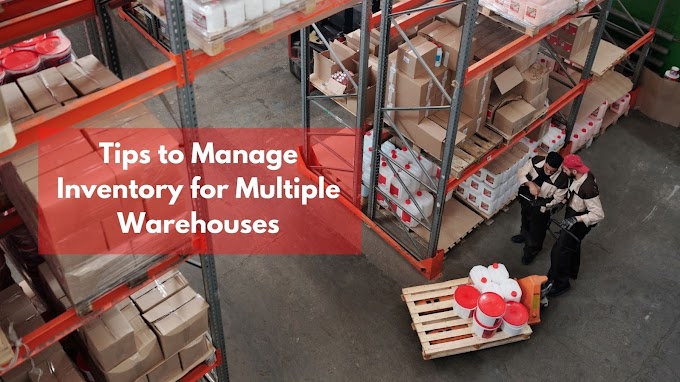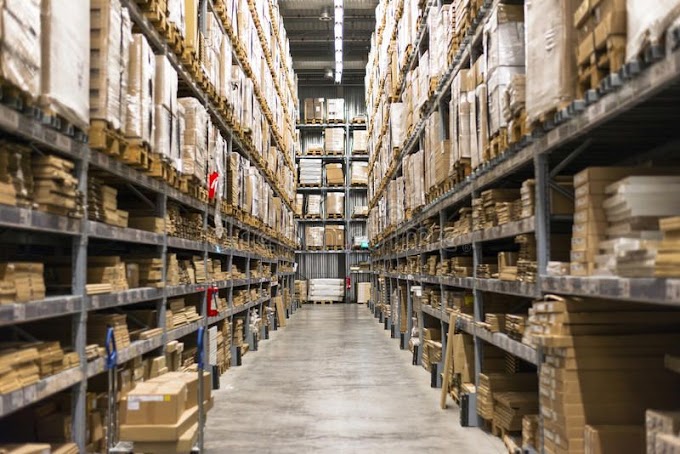Are all warehouse management software created equal? The WMS software programs of a decade ago were once rigidly relegated compartmentalized and to selected industry.
Today may be a different story as configuration rules today.
Effective warehouse management is a staging ground for a customized set of solutions for workflows. It is a robust system that ties teams beyond warehouse walls, looping in engineering, sales, IT, and more to keep up with the transparency and cooperation across the board.
Today, you've got many integration-friendly, scalable options for the best warehouse management software that is capable of the evolution you’ll need in modern business.
When you choose and implement the correct WMS for your business, you'll experience the following benefits-
1. Optimized Processes
Choosing the right WMS for your business allows a company to seamlessly optimize its processes within the warehouse which means it'll help you find the right processes and people to fit your business and the kind of material you manage.
A good warehouse management system should also be versatile on input methods, barcodes, tackling or smart scales with equal skill, and working in cooperation with equipment automation.
Linking your WMS with your transportation management system, helps a company to form a holistic outlook that extends beyond your racks and walls.
This collaboration allows greater accuracy for delivery targets and alerts the team about outgoing shipments, when to expect delays, and other time-sensitive information.
2. Efficient Labor Allocation
With variables like special material handling and the size of your facility, there's a need to approach efficiency differently at each stage of the workflow.
Even if the software only delivers metrics, it'll still deliver crucial decision-making data that you can shape into the best possible approach.
3. Employee Morale
A WMS helps provide a structure within the workplace, both literally and figuratively. This sort of structural support boosts the morale of an employee. In other words, knowing exactly what they should be doing and where they should help employees to find fulfilment in their work.
4. Improved Customer and Supplier Relationship
An efficiently running warehouse helps in reducing order accuracy errors and delivery lead times, which results in more customers getting satisfied with their orders, which successively means more sales.
Efficiency helps on the supplier side as well:
When your team is prepared and waiting to simply accept supply chain orders and incoming materials, it means your partners can move forward to their next tasks. It's no wrong to say that the right WMS improves the relationships of your company with all parties including supply chains and the end customers.
The WMS manages the inventory and locations of your product. The software drives you to a location to urge the merchandise, then the proper outbound door, and therefore the right shipping lane, and ensures you catch on on the proper track. Its system-driven efficiency helps in reducing friction with your supplier partners or end customers.
5. Reduced Operational Expenses
If you've got any date-restricted stock or perishables items in your warehouse, a good warehouse management software can help you reduce waste by identifying which units should be picked first, and which can need a sales push.
6. Better Inventory Balance
A bad WMS software can cost you in inventory, as well. Inventory, when used in the best order and stored in a proper environment, eliminates waste, scrap, and obsolescence.
With solid, trustworthy records, you'll never need to worry about keeping an excessive amount of safety stock available or shooting yourself within the foot by running in need of an SKU during a crunch period. This supports your company in achieving the value and efficiency savings of a just-in-time strategy.
7. ERP Integration
When your outgoing orders are accurate, your demand history isn't caught up with repeat shipments, shipping issues, or replacements, which provides a clearer view of overall operations.
ERP handles everything from demand planning to market tracking, financials to HR. It requires clean data to figure properly.
8. Improved Safety and Security
Warehouse management software requires workers to use their own unique user accounts to enter transactions. This leads to an audit trail that ties transactions thereto to specific workers.
9. Transparency
When there is transparency in the system and the suppliers have access to their on-hand SKUs, they gain the power to plan and implement their production. This helps them minimize the prices related to holding excess warehouse inventory and reduces time intervals.
With additional access to real-time data for orders and shipments, the customer service team handles all the problems and queries more accurately.
10. Continuous Improvement
Improvement depends on various aspects of a company. Process changes are crucial to driving improvement, and an honest WMS software helps facilitate them.
A good WMS must be tackling continuous improvement within the company and should be up to the mark.
Conclusion -
If you're considering choosing a warehouse management system, confirm that the software you're considering to opt for has the right capabilities to fulfil all your needs.
The right selection should suit your business model and culture the best, offering you some innovation, flexibility, and functionality.
Stay tuned and please subscribe to our blog. ㋛









2 Comments
Great, I really appreciate you for sharing this informative blog post. It's extremely good and very helpful for me.
ReplyDeleteMaterial Handling Equipment
Thanks for the information. Warehouse Storage Management and Warehouse Storage Management System should go hand in hand to have an effective Warehouse System. Warehouse management software was well explained.
ReplyDeleteIn any case that you want to know more about Warehouse Storage like Racking System, Shelving , Warehouse Storage Floors , and Automation - Warehouse Storage check it at APC Group.